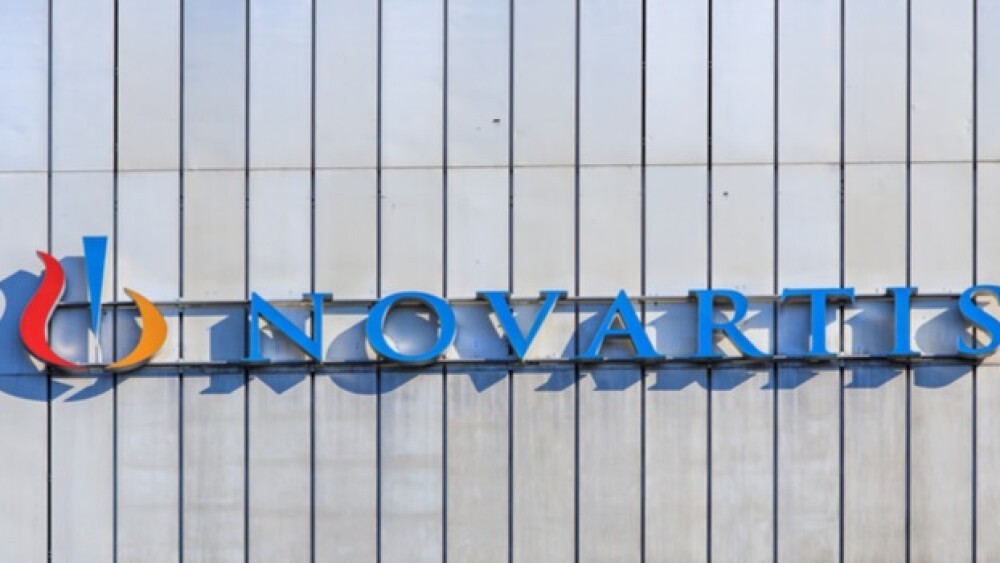The Novartis Institutes for BioMedical Research (NIBR) is ending its early-stage anti-infectives research programs located in Emeryville, California. As a result, the company expects to lay off about 140 employees.
Denis Linie / Shutterstock
The Novartis Institutes for BioMedical Research (NIBR) is ending its early-stage anti-infectives research programs located in Emeryville, California. As a result, the company expects to lay off about 140 employees.
In a statement, Novartis said, “The groups that are impacted in their entirety are antibacterial and antiviral research. As a result, other groups are also affected including, Pharmacology, Protein Sciences, Project Management and global support functions in Global Discovery Chemistry, NIBR Informatics, Scientific Operations and Translational Medicine. About 150 employees will remain in the San Francisco Bay Area in support of NIBR and our drug discovery efforts.”
One of the programs being cut is LYS228, what was touted as a new agent to impact antibiotic-resistant strains of various bacteria, including Enterobacteriaceae, which includes Escherichia coli and Klebsiella pneumoniae. According to a 2017 brief on the Novartis website, LYS228 “was built with the tools of modern drug development. One major resource was a library of E. coli strains that were genetically identical except that each came with a different type of beta-lactamase enzyme. By testing compounds against these strains, Novartis scientists determined how each enzyme impacted the ability of the compounds to kill E. coli.”
Novartis reported in February that it was laying off 65 people at its Broomfield, Colorado location run by its Sandoz division. At that time, the company indicated it was because of double-digit price erosion caused by consolidation and increased competition in the U.S. generic market. This is the same site that announced in October 2017 that it was cutting 450 jobs over a two-year period.
And in May 2017, the company announced plans to cut 250 jobs in New Jersey and 500 jobs in Basel, Switzerland.
On the other hand, AveXis, a Novartis company based in Illinois, is currently building a new manufacturing plant in Durham, North Carolina that is expected to create 200 jobs. This will be used to make its first product candidate, AVXS-101, a gene therapy to treat three types of spinal muscular atrophy (SMA).
Novartis’ cutting in the anti-infectives area is a bit puzzling, although the company is working hard to restructure and cut costs. According to Informa, there are about 327 anti-infective vaccines in preclinical testing and 282 more in Phase I through pre-registration. But big pharma has been cautious about antibiotics for some time, largely because the competition from generics makes it difficult to eke out a profit. As a result, much of the research and development in the area has gone to smaller biotechs that are using new approaches. That includes companies such as Moderna, which focuses on anti-infectives and vaccines using messenger RNA, or Nabriva Therapeutics, who reported positive topline results in May from its Phase III clinical trial of oral lefamulin in adults with moderate community-acquired bacterial pneumonia. Nabriva expects to submit the drug to regulatory authorities in this year’s fourth quarter.
Novartis stated, “While the science for these programs is compelling, we have decided to prioritize our resources in other areas where we believe we are better positioned to develop innovative medicine that will have a positive impact for patients. The need for these types of medicines is clear and to maximize the changes that these programs will one day help patients. We are actively engaged in out-licensing discussions with companies focused on developing medicines in these areas.”





